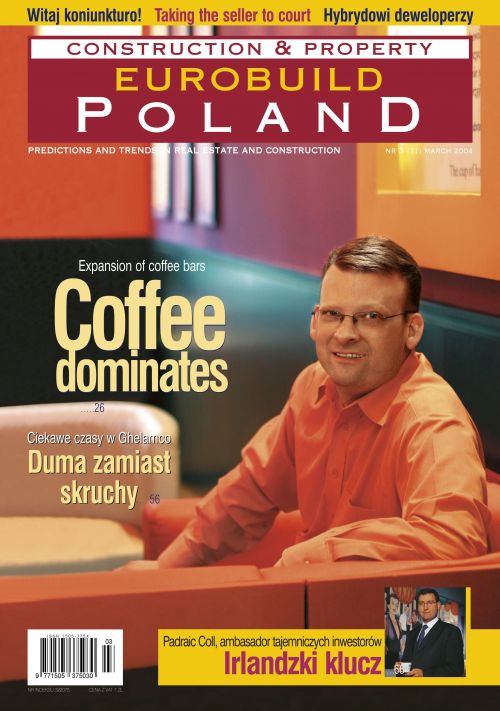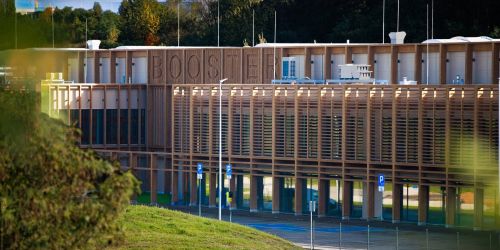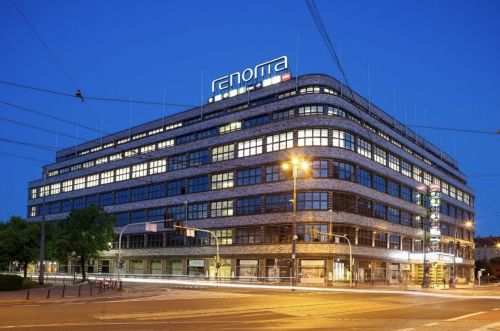A building's interesting architecture, renting space, known tenants - all
these shape a shopping centre's success. Branding, that is creating one's
own brand, is no less essential and, some claim, even more important - about
which centre owners and managers operating in Poland have already become
fully convinced.
A strong brand permits a centre's unique identity to be created on a
competitive market which means it becomes a customer automatic and sole
choice and also improves the centre's value in his eyes and those of a
tenant and investor. "Currently it is impossible to differentiate your
centre from your competition through an offer alone" stresses Sara O'Rorke
of Klein O'Rorke of London which specialises in such matters as branding,
marketing and communications. Anne Duggan, a consultant dealing in marketing
shopping centres warns: "Much can be done to attract people to a shopping
centre, make them spend time there together with more money, though still
not cr

























































